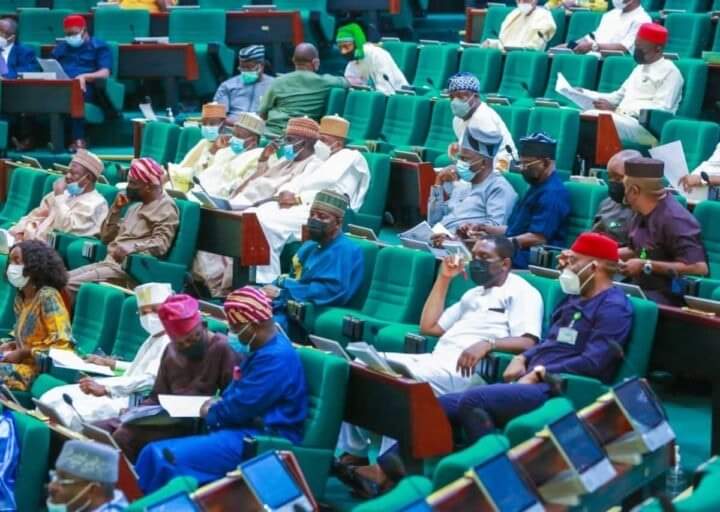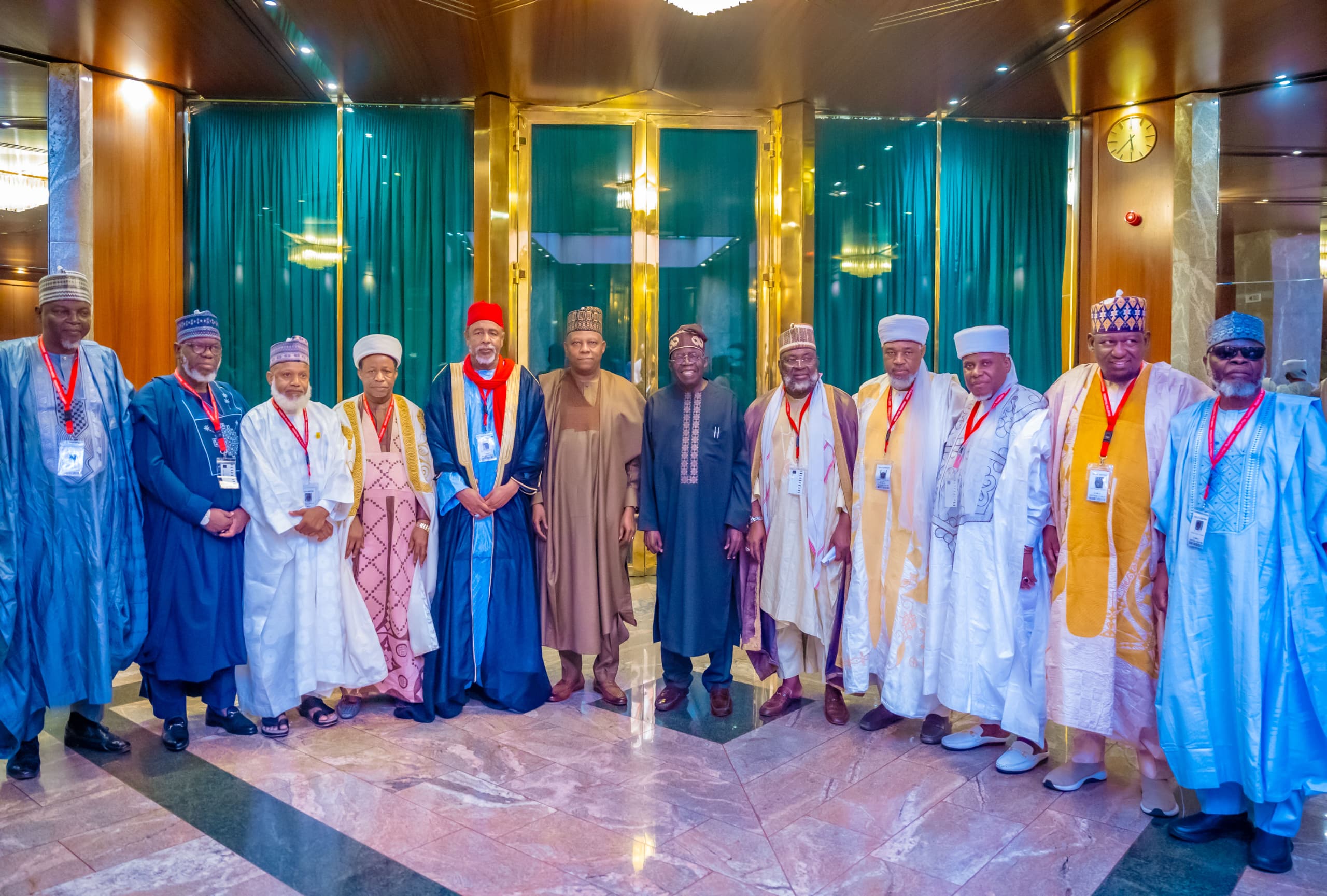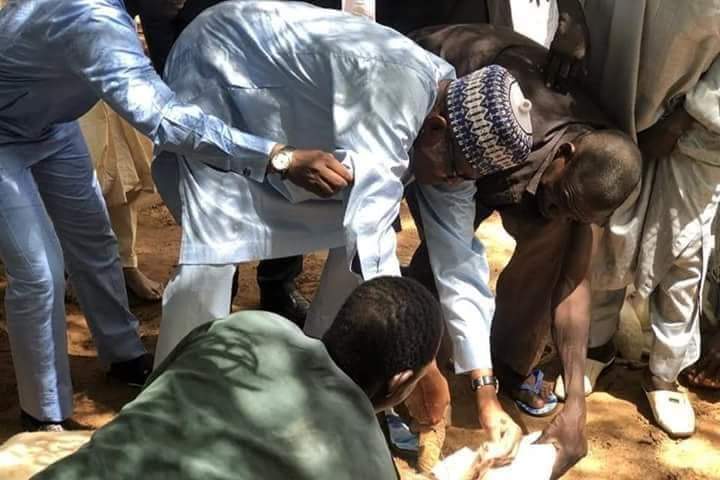Submit Your Profile: IGP Tells Organisers of Nationwide Protest
July 26, 2024I have No Cabal, My Election Campaign Was Self-Sponsored-President Tinubu
July 26, 2024Coalition for Global Peace Condemns Bad Portrayal of Muslim Women Dress by Film Producer
July 25, 2024Reps sets up committee to prob TETFund over alleged misuse of N2.3 trillion
Reps sets up committee to prob TETFund over alleged misuse of N2.3 trillion

In response to allegations of the misappropriation of N2.3 trillion derived from the Tertiary Education Tax by the Tertiary Education Trust Fund between 2011 and 2013, the House of Representatives has formed an Ad-hoc Committee to conduct a thorough investigation.
The decision to establish the committee was made following a motion put forward by Mr. Olusola Fatoba during a plenary session.
Mr. Fatoba highlighted that the tax was introduced under the now-repealed Education Tax Act, which had established the Education Trust Fund to levy an Education Tax of 2.5% on the assessable profit of Nigerian companies on an annual basis.
According to Mr. Fatoba, in 2011, the Education Tax Act was repealed and replaced by the Tertiary Education Trust Fund Establishment Act. Furthermore, the Finance Act of 2021 increased the applicable Tertiary Education Tax rate from 2% to 2.5%.
The lawmaker noted that “since the establishment of the Tertiary Education Trust Fund in 2011, the fund has generated trillions of Naira in revenue.”
“However, it has been plagued by numerous financial irregularities, including mismanagement of funds, questionable awarding of contracts, and poor execution of projects,” the lawmaker said.
Mr. Fatoba expressed concern over the lack of a robust Standard Operating Procedure within the Fund, which has resulted in insufficient supervision of projects at tertiary institutions.
He alleged that “disbursements of funds have occurred without proper tracking, and payments have been made to contractors even when they have failed to meet the required project milestones.”
The lawmaker emphasised that these abuses, actions, inactions, and infractions have led to the misappropriation of approximately 2.3 trillion Naira, resulting in the unjust enrichment of certain individuals.
He further warned that if immediate action is not taken to investigate these allegations, the deterioration of the Tertiary Education System will continue to escalate.
This could lead to strikes, the presence of substandard institutions, loss of confidence in the system, brain drain as talented youths seek opportunities elsewhere, and the eventual collapse of the Education System.
These outcomes would undermine the laudable goals of special intervention programs and the President’s aspirations to provide quality tertiary education opportunities for young people.
In light of these concerns, the House adopted the motion and directed the Committee to present its findings within four weeks for further legislative action.










